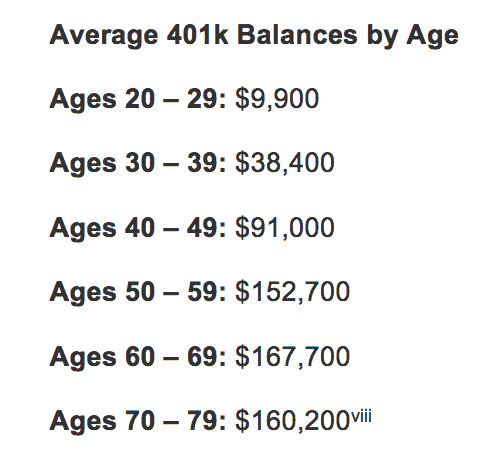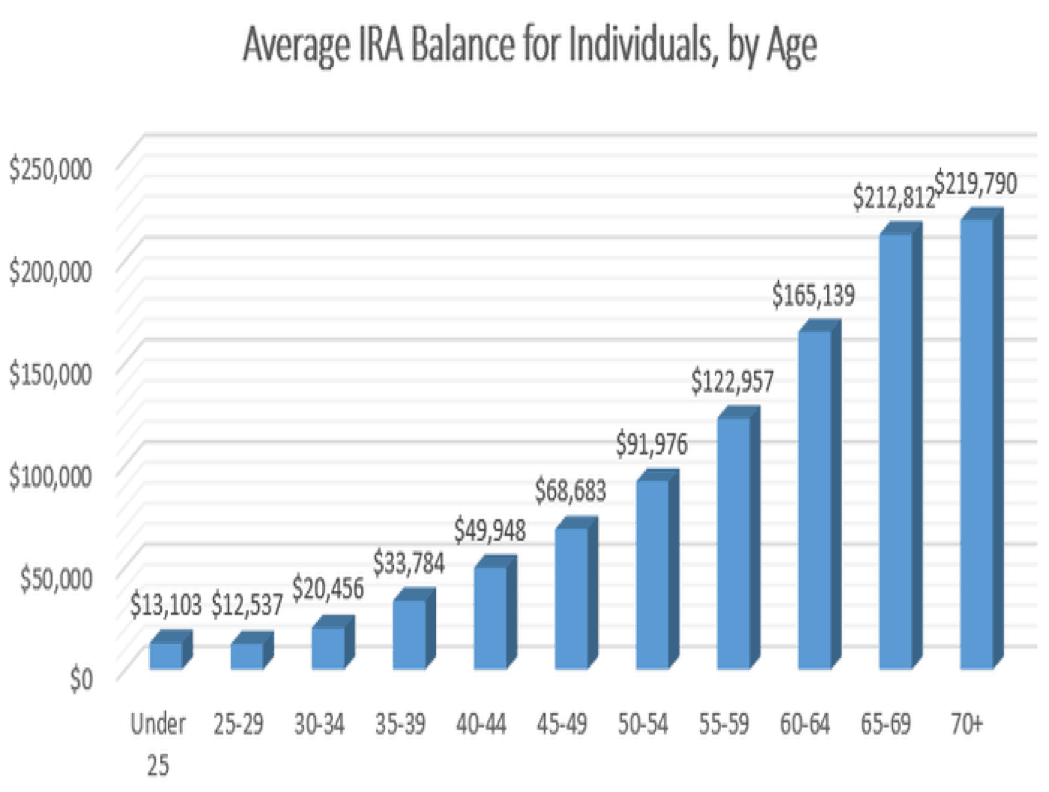702-660-7000
702-660-7000

The story about the Ugly Duckling who turns out to be a beautiful Swan always intrigued me as a child. Perhaps it was because that, even as a child, it was obvious to me that we are too quick to judge things as they appear, rather than as they really are.
This applies to investing as well as other things in life. Clearly, an investment that is the greatest investment of all times could appear as an Ugly Duckling to many. For example, billionaire investor Warren Buffett, speaks of the greatest investment of all times as one “that you can’t beat, that can’t be taxed and not even inflation can take away from you.”[i] Because “Nobody can take away what you’ve got in yourself, and everybody has potential they haven’t used yet.”[ii] But what if you don’t believe that. Wouldn’t this Swan of an investment merely appear to be an Ugly Duckling?
Buffett goes on to relate how before he took a Dale Carnegie course and learned how to speak in public he used to throw up when he was called upon to speak publicly. He even states in an interview with Forbes that “I proposed to my wife actually during the middle of the course, I got so confident about my abilities.”
Here is an interesting detail discovered by Charles Swindoll who stuttered as a child but defeated that speech impairment to become, first a marine, then a preacher, then a noted radio and television personality and today is chancellor of Dallas Theological Seminary. Here’s what Swindoll understands about life:
Unquestionably, nobody wants to be poor. Fascinatingly, the late Jimmy Dean, legendary musician, actor, writer and famous sausage maker, was unabashed to admit that,
Dean also alleged, “I can’t change the direction of the wind, but I can adjust my sails to always reach my destination.”[iv]
Nassim Taleb, author of The Black Swan, is a very successful investor who made nearly $40 million during the market panic of 1987 called Black Monday. His approach to investing is similar to the view that Swindoll and Dean have on life. Wanting to avoid poverty, but always willing and ready to adjust his sails to get to where he wants to go, Taleb keeps 85% to 90% of his capital in extremely safe instruments and only speculates with the remaining 10% to 15%. This limits what can happen to him and allows him to control the rest.
Taleb’s investment formula is based on the fact that the greater detriment would be losing your hard earned capital rather than not earning a higher rate of return. Which literally means, keeping what you have is the greatest investment of all times!
Strikingly, this is precisely what Participating Whole Life Insurance (PWLI) guarantees. With PWLI you will never lose your capital, as long as you pay your premiums and any interest that you owe due to a policy loan you have taken against your policy. Because of this guarantee, PWLI is the greatest “investment” of all times It is an investment in yourself, your life, your future earning power, or as the insurance companies call it, your human life value. And remember, Warren Buffett acknowledges that an investment in yourself is “one you can’t beat, can’t be taxed on, and not even inflation can take away from you.”[v]
PWLI is a safe asset that can securely protect your saved capital while guaranteeing you the right to participate in insurance company profits, WITHOUT risk! This guarantee allows you to speculate with a marginal amount, Taleb uses 10% to 15%, of your savings capital without the danger of losing it all and having to face poverty, the very thing none of us ever wants to deal with.

Let’s face it. Markets fall. And when they do it can get painful real quick for those who are depending on the money they have invested. “Attempting to time these market drops is a fool’s errand.”[vi] “Dancing in and out of it (the market) on the predictions of experts, tarot cards or the ebb and flow of business activity is a terrible mistake. The risk of being out of the game is huge compared to the risks of being in it.”[vii] And the good thing about keeping 85% to 90% of your capital in safe guaranteed PWLI means you’ll be ready for some extraordinary opportunities when a major drop does occur because you won’t be thwarted by debt or lack of readily available capital.
Of course, the 10% to 15% you invest should be for the long-term, not short-term. Otherwise, you can dangerously get preoccupied with the idea that you can predict the future. But that can kill you financially, quite rapidly in a volatile market, as you can see in the chart above.
Discernibly, if you respect the long-term sustainability of capitalism, and stay put with your 10%-15% when everyone else is fleeing, you can win. Capitalism has survived depressions, recessions and corrections. So if you keep most of your assets in safely guaranteed PWLI, eliminate bad debt and stay focused on long-term rewards instead of short-term schemes, your 10%-15% has a great probability of turning out to be a beautiful Swan instead of an Ugly Duckling.
An even greater potential to insure that a Swan will manifest in your life instead of an Ugly Duckling is to stay away from traditional market investments. Allow your 10%-15% to participate in things you have an interest in or know something about. Doing so will assure you’ll know when the Swan appears instead of being dependent on some expert, tarot card or business cycle to inform you of the fact.

That being said, if you don’t have PWLI and you are risking more than 10%-15% of your money in un-secured or non-guaranteed assets, then your Swan may never materialize because each market drop or correction will steadily destroy more and more of your savings until you have little or nothing left to show for it.

That is why most Americans today have less than enough money saved in their 401k and IRA on which to retire. They have placed too much confidence in the experts, tarot cards or business cycles and actually believe that they will have “$1.57 million by age 65”[x] because they invest in their 401k and/or IRA. Sadly, most realize too late how short they are in actually meeting those expectations.
Yet, when you appreciate the formula that the wealthy, such as Taleb and others use to protect their capital assets while fully anticipating the next Ugly Duckling to turn into a Swan, you can truly become financially independent in that you can control more of the money you make. Placing too much confidence in the market, in experts, tarot cards or business cycles leads people to risk more than their 10%-15%. And that means every bump and jump in the market proves more painful and dangerous financially. Deciding to risk more than the 10%-15% is much like playing Russian Rolette with your financial future. Pathetically, those who do so might merit the costs resultant to playing such a game with their money.
[i] https://www.cnbc.com/2017/10/04/warren-buffett-says-this-one-investment-supersedes-all-others.html
[ii] Ibid.
[iii] https://www.brainyquote.com/authors/jimmy_dean
[iv] https://www.azquotes.com/author/3804-Jimmy_Dean
[v] https://www.cnbc.com/2017/10/04/warren-buffett-says-this-one-investment-supersedes-all-others.html
[vi] https://www.fool.com/slideshow/warren-buffetts-advice-stock-market-crash/?slide=4
[vii] Ibid
[viii] https://smartasset.com/retirement/average-401k-balance-by-age
[ix] https://www.fool.com/retirement/2016/06/27/heres-how-much-the-average-american-has-in-an-ira.aspx
[x] Ibid